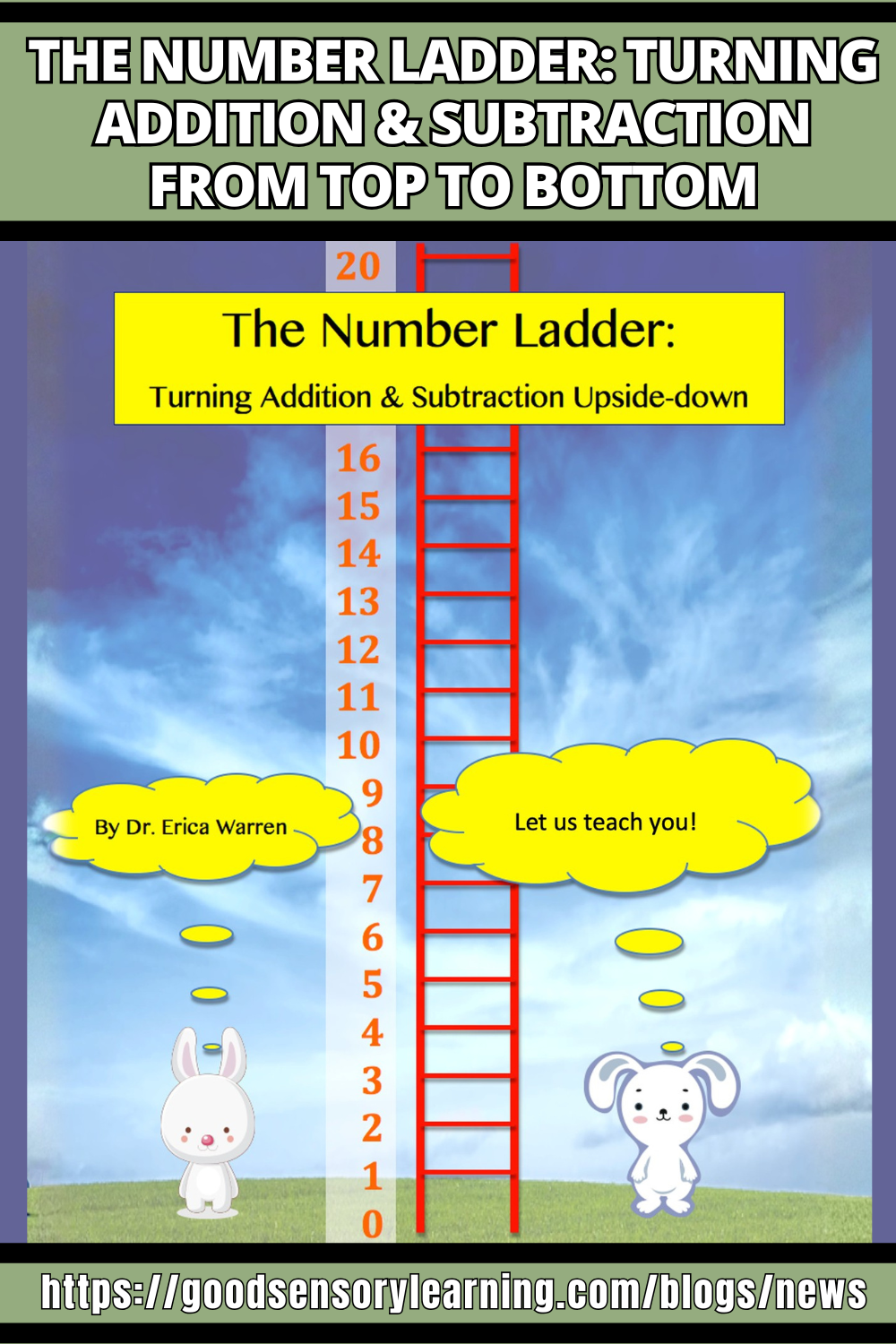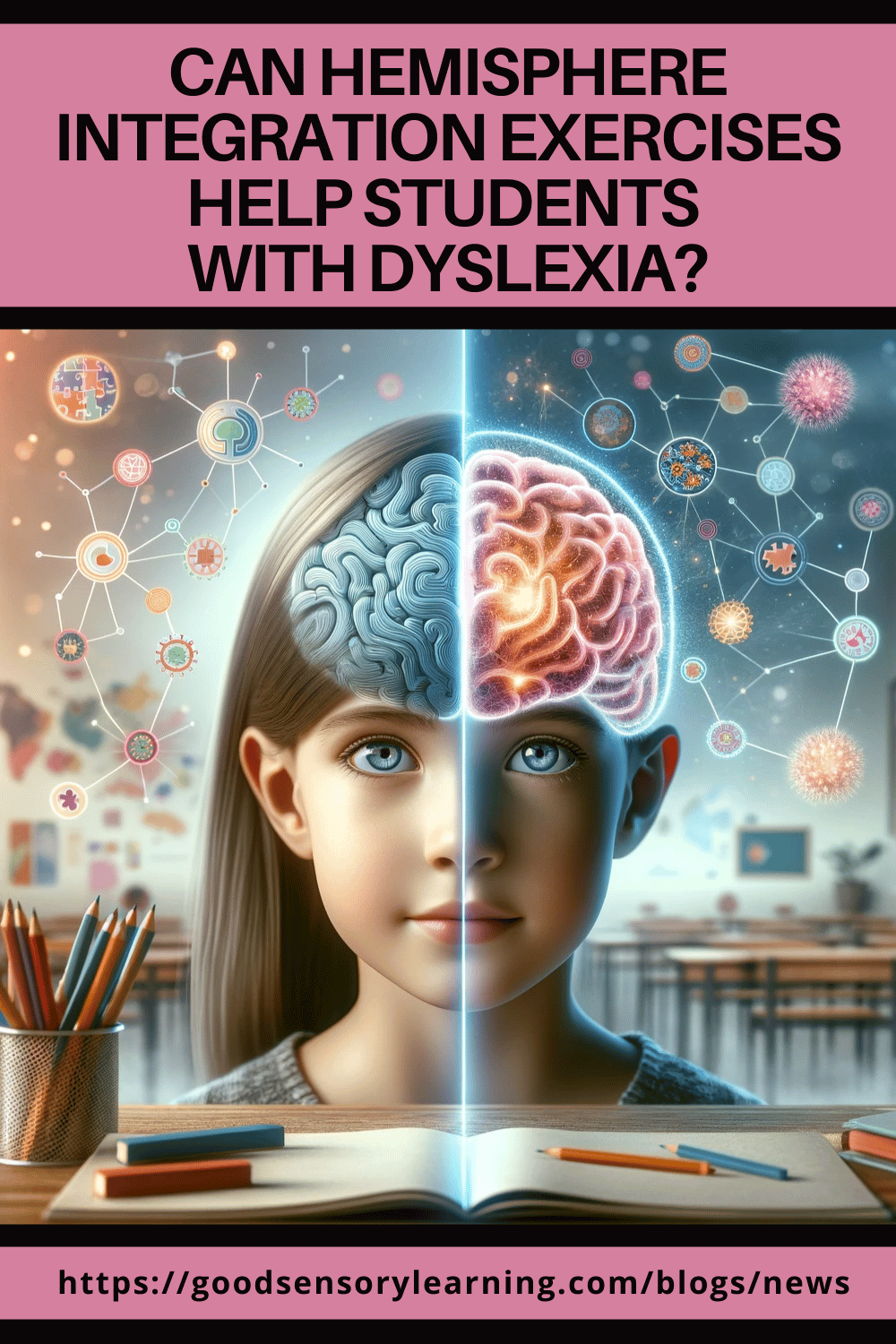How Can I Improve my Executive Functions?
Executive functions, or what I like to call the conductor of the brain, are the process of the mind gathering together and making sense of all the information we receive from our senses or instruments. Helping us to create meaning from what we see, hear, touch, taste, and experience, executive functions also allow us to focus our attention, learn and think about new information, and make connections to what we already know.

The Three Parts of Executive Function
Executive function is not fully understood in the literature, and studies continue to explore this complex skill. However, there seems to be a consensus amongst many Organizations and Institutions, such as Understood, as well as Harvard and Stanford Universities, that executive function can be discussed as having the following parts or mental processes that generally reside in the prefrontal cortex of the brain:
1) Working Memory
Working memory is a place where our memory works to gather sensory input, hold it, process it, manipulate it, and also encode and retrieve information from long-term memory. When considering Alan Baddeley's well-researched model, working memory processes information in two ways. On the one hand, it uses the "visual-spatial sketch pad" to create internal visual and spatial aids to assist memory. On the other hand, it offers the "phonological loop," which is a guiding inner voice that can keep information active in one's mind. Working memory offers us an internal stage where we can make sense of the world around us.
Learn about Dr. Warren's new Working Memory Workbook
2) Inhibitory Control
Inhibitory control, or response inhibition, helps us manage four essential skills. First, it helps us focus on what we are learning and block distractions. Second, it manages our mind and allows us to engage in metacognition or thinking about our thinking. Third, inhibitory control enables self-regulation skills and emotional control. Fourth, inhibitory control helps us regulate our surroundings. For instance, you may choose a quiet location when doing your work or sit at a desk with the needed materials.
3) Cognitive Flexibility
Cognitive Flexibility is about keeping our brains flexible and limber. It offers three skills. First, it involves switching activities and shifting focus, such as moving from one assignment to the next. Second, it revolves around the idea that different situations have different rules. Third, requires switching a point of view, which enables us to consider situations from many vantage points. Cognitive flexibility helps us to make the best decisions in novel situations.
Understanding Executive Functioning Problems:
Many teachers and parents have trouble understanding how simple tasks such as remembering appointments, using an agenda, or turning in assignments can be difficult, but unfortunately, these and other similar tasks can be extremely challenging for some individuals. However, the good news is that the primary part of the brain that manages executive function, which is called the frontal lobe, continues to develop through high school and college. Therefore, many kids who struggle with executive functions can significantly improve their abilities over time.
You Might have Executive Functioning if:

- You have trouble maintaining a planner or an agenda for recording assignments.
- You have trouble planning long-term projects and often complete them at the last minute. You often forget papers, notebooks, and other materials needed for school or homework.
- You have a hard time estimating how long a task or project will take.
- You have trouble starting your homework independently.
- You are easily distracted.
- You have a hard time keeping track of your possessions and often lose important materials.
- You have trouble listening to and following multistep directions.
- You have trouble transitioning from one task to another.
- You have trouble keeping appointments.
- You have trouble keeping your bedroom and bookbag organized.
Come Learn about the Executive Function Screener! CLICK HERE

What are Some Common Myths and Truths?

Myth: ADHD and executive function issues are the same.
How to Improve Executive Function:
2. Teach learners how to set priorities.
3. Generate a consistent homework plan.
4. Break large assignments into manageable tasks.
5. Make to-do lists.
6. Demonstrate time management skills by generating self-imposed deadlines.
7. Teach study skills and test-taking strategies.
8. Provide incentives and positive reinforcement.
9. Utilize graphic organizers for planning ideas and writing.
10. Teach metacognitive skills by thinking through thought processes aloud.
11. Be patient and supportive.
Where Can I Get Ready-Made Materials and Exercises that Help Develop These Skills?
You can take my comprehensive Executive Functioning Coaching Course, or you can purchase my Executive Function Cognitive Remedial Bundle. The bundle offers a comprehensive approach to improving a student’s planning, time management, and organization abilities. This bundle offers a discounted suite of downloadable activities, games, and handouts that were designed to help learning specialists, educational therapists, and even parents assist students in developing executive functioning skills. To get a free sampling of activities from Planning, Time Management, and Organization for Success (one of the publications in the Executive Functioning Bundle).
Get a Free Copy of the Image and More
Clearly, one can improve executive functions in younger children as well as throughout life. Whether one is struggling with poor working memory, weak planning skills, trouble keeping track of materials, or breaking tasks into manageable chunks, to name a few, many strategies can be learned to improve this vital skill.
Cheers, Erica
Dr. Erica Warren is the author, illustrator, and publisher of multisensory educational materials at Good Sensory Learning. She is also the director of Learning to Learn and Learning Specialist Courses.
- Blog: https://goodsensorylearning.com/blogs/news
- YouTube Channel: https://www.youtube.com/user/warrenerica1
- Executive Function Podcast: https://goodsensorylearning.com/pages/the-personal-brain-trainer-podcast-with-dr-erica-warren
- Store: http://www.Goodsensorylearning.com/
- Courses: http://www.learningspecialistcourses.com/
- Newsletter Sign-up: https://good-sensory-learning.kit.com/drericawarren








1 comment
Awesome work
Lucy Anna Kamundu
Leave a comment
This site is protected by hCaptcha and the hCaptcha Privacy Policy and Terms of Service apply.